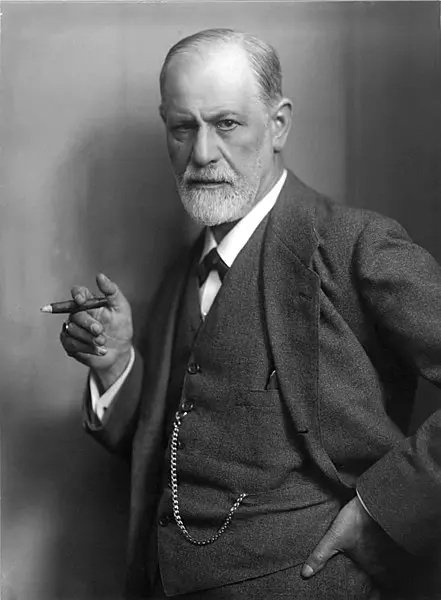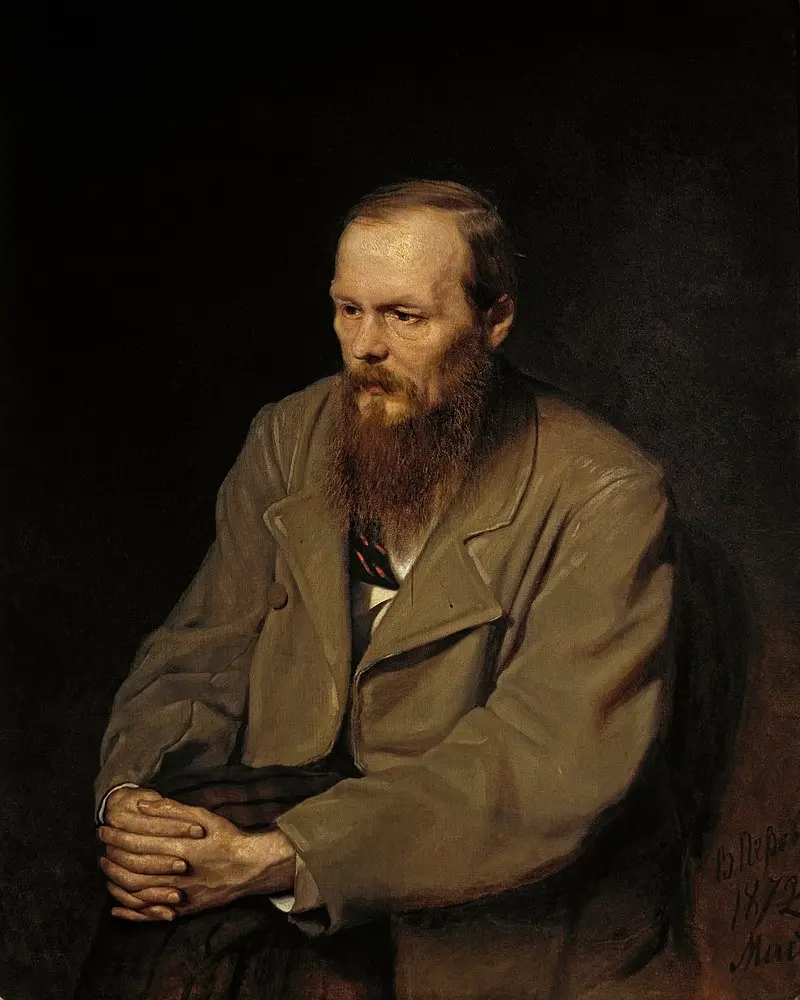Fyodor Dostoyevsky, the acclaimed Russian novelist, is often overlooked in the context of psychoanalysis. He played a crucial role in shaping the foundations of this psychological discipline. This article delves into the connection between Dostoyevsky’s literary works and the emergence of psychoanalysis. While laying the groundwork for Sigmund Freud’s revolutionary theories and making Dostoyevsky Freud’s Muse.
The Existential Abyss
Dostoyevsky’s exploration of the human psyche is evident in his novels, such as “Crime and Punishment” and “The Brothers Karamazov.” Through characters like Raskolnikov and Ivan Karamazov, he delves into the complexities of guilt, morality, and the unconscious. These themes resonate profoundly with Freud’s later psychoanalytic concepts, especially the id, ego, and superego.

Guilt and the Unconscious
In “Crime and Punishment,” Dostoyevsky meticulously dissects the psychological torment experienced by Raskolnikov after committing a heinous crime. This guilt-driven narrative foreshadows Freud’s emphasis on the unconscious mind and the impact of repressed desires on mental well-being.
The Double and the Unconscious Mind
Dostoyevsky’s novella, “The Double,” explores the duality of human nature. It is a concept that resonates with Freud’s idea of the unconscious mind. Freud’s theory of the unconscious draws parallels to Dostoyevsky’s portrayal of characters grappling with internal conflicts and suppressed desires.
The Oedipus Complex
Freud’s Oedipus complex, a cornerstone of psychoanalysis, finds resonance in Dostoyevsky’s exploration of familial relationships. The strained father-son dynamics in “The Brothers Karamazov” mirror Freud’s theories, illustrating how Dostoyevsky’s literary universe foreshadowed psychoanalytic concepts.
Dream Analysis
Dostoyevsky’s vivid portrayal of dreams and their psychological significance in “The Dream of a Ridiculous Man” aligns with Freud’s later emphasis on dream analysis. Both visionaries recognized the subconscious as a realm offering valuable insights into human behavior.
Conclusion
Fyodor Dostoyevsky’s work explored the depths of the human psyche through literature, unknowingly laying the groundwork for Sigmund Freud’s revolutionary psychoanalytic theories as Freud’s Muse. The thematic parallels between Dostoyevsky’s works and Freud’s concepts underscore the enduring influence of literature on psychology, showcasing the profound impact of the written word on our understanding of the human mind.
Ready to begin? Start your online therapy journey today. Book your first session now.




